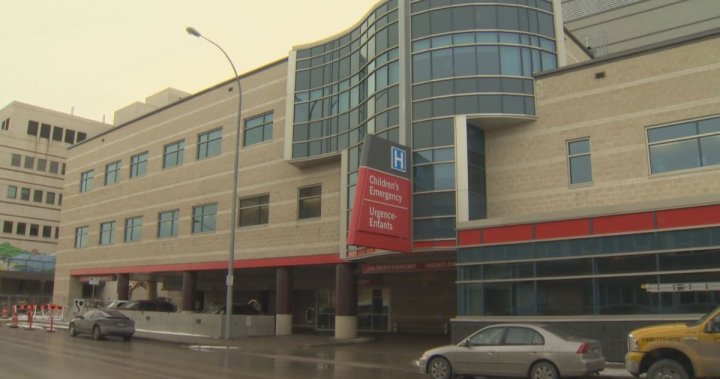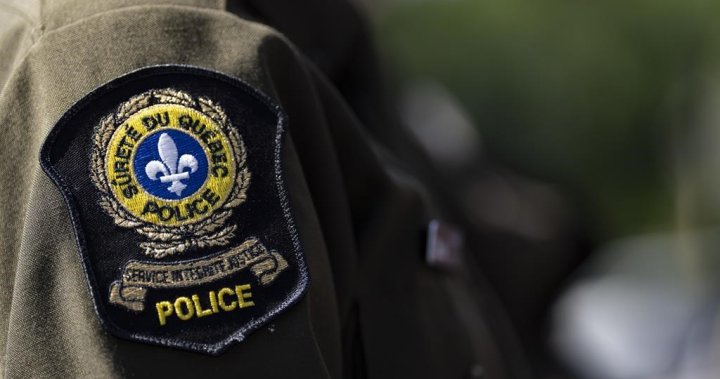Ontario’s police chiefs are “in discussions” with the Ford government over a pandemic-era policy that gives suspected drunk drivers the ability to downgrade their charges and avoid a criminal record.
During the COVID-19 pandemic, Ontario’s attorney general issued a new directive to crown prosecutors to offer plea bargains in non-serious drunk driving cases as a way of cutting the caseload in Ontario’s criminal justice system.
The policy meant suspected impaired drivers without aggravating factors, such as causing bodily harm, could plead guilty to non-criminal Highway Traffic Act offences to avoid a criminal trial and potential conviction.
All other pandemic restrictions have been lifted, but the option to downgrade drunk driving charges in Ontario remains.
The government said it has kept the policy in place because court backlogs continue. Diverting the least serious impaired incidents away from the criminal justice system allows Crown attorneys to focus on violent crimes and sexual assault, according to the province.
The effectiveness of the measure, however, has been under discussion with Ontario’s police chiefs since the start of the pandemic. The Ontario Association of Chiefs of Police initiated conversations with the Ford government about “ensuring the delivery of justice for all those involved in these types of cases” in 2020.
“We have been regularly discussing issues related to the effective management of legal cases involving impaired driving,” a spokesperson told Global News in an email. “We are in discussions with the Ministry of the Attorney General on this matter. As these discussions are ongoing, we’re not in a position to address the issue,” the spokesperson said.
The email you need for the day’s
top news stories from Canada and around the world.
The spokesperson did not elaborate on the association’s position or what measures it would like to see removed or kept in place.
The attorney general’s office told Global News it “looks forward” to speaking to the police chiefs at a meeting next week.
Opposition politicians critical of the Ford government have called on it to remove the policy, suggesting it amounts to a “slap on the wrist” for alleged impaired drivers.
Ontario NDP attorney general critic Kristyn Wong-Tam previously told Global News that while suspected impaired drivers may be getting lighter sentences, thousands of sexual assault cases are still being thrown out due to court delays.
“We’ve seen over 1,300 sexual assault cases in Ontario dropped last year in terms of not getting to trial,” Wong-tam said, pointing to data obtained by the NDP.
“(They are) reducing criminal charges when it comes to impaired driving and claiming that this is because they want the system to run efficiently. Well, it hasn’t happened.”
One key advocacy group — Mothers Against Drunk Driving (MADD) — has suggested Ontario’s shift mirrors an approach in British Columbia, where it is simpler for police to apply harsher non-criminal penalties. Under that province’s Motor Vehicle Act, police are allowed to hand out administrative sanctions and impound a vehicle if a driver fails a breathalyzer test.
Drivers could be banned from driving for 24 hours up to 90 days and face administrative, towing and licence reinstatement fees between $600 and $1,430. The prohibition is also permanently added to the driver’s record and could impact insurance rates.
“There are ways to deal with these cases by avoiding the criminal courts and actually saving lives and preventing injuries,” MADD Canada CEO Steve Sullivan said.
Sullivan said that avoiding the criminal route, while applying severe penalties, could still be an effective way to deal with less severe impaired driving cases.
Ontario’s Highway Traffic Act includes some measures similar to those under British Columbia’s laws, police often continue through to Criminal Code charges.
“The sanctions are still targeted towards the behaviour,” Sullivan said of British Columbia’s system, adding that the group has pitched the policy to the Ford government.
“I certainly don’t want to speak for the government [but] I would say it’s still being considered,” Sullivan said. “I do think there’s a recognition that the current process of dealing with these through careless [driving] is not benefiting anyone.”
© 2024 Global News, a division of Corus Entertainment Inc.




